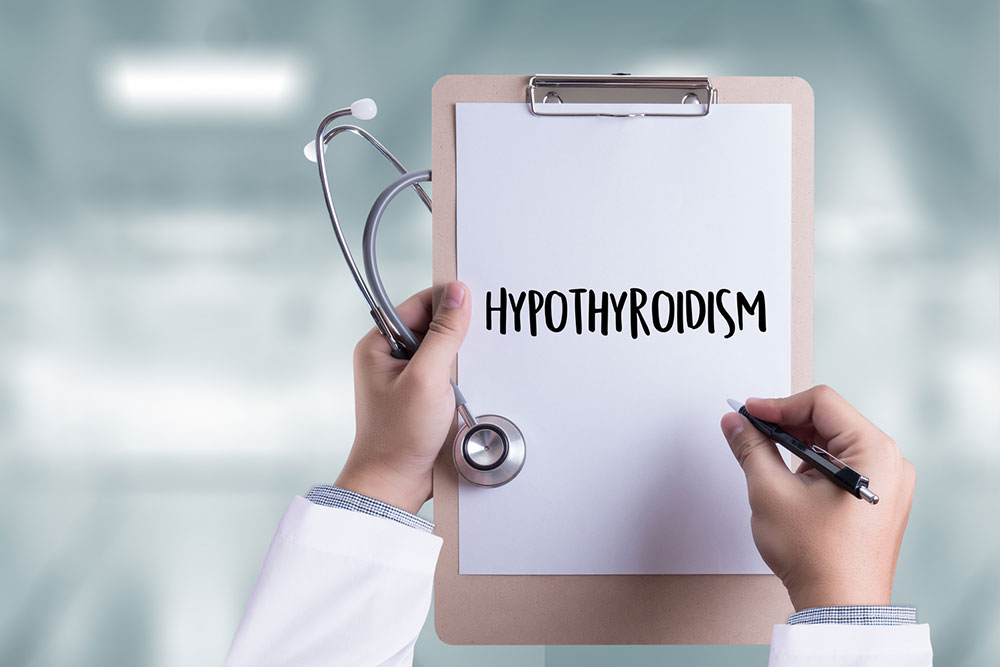Essential Insights into Thyroid Health and Disorders
Discover comprehensive information on thyroid disorders, including causes, symptoms, and treatment options. Understand how hormonal imbalances affect health and learn about effective management strategies for conditions like hypothyroidism, hyperthyroidism, goiter, and thyroid cancer. Gain insights into the gland's function and medical approaches to maintain thyroid health.

Essential Insights into Thyroid Health and Disorders
The thyroid gland, a vital organ located in your neck below the Adam's apple, plays a key role in controlling metabolic processes. It surrounds the windpipe and produces hormones using iodine. These hormones regulate numerous bodily functions through a feedback loop involving the brain. The hypothalamus releases TRH when thyroid hormone levels are low, prompting the pituitary gland to release TSH, which stimulates the thyroid to produce T4. T4 converts into the active T3 hormone in the bloodstream. Disorders like hyperthyroidism, hypothyroidism, goiter, and thyroid cancer stem from abnormalities in this hormone regulation system.
The root cause of most thyroid issues is an imbalance in TSH levels. Several factors contribute to these conditions, including autoimmune reactions, iodine deficiency, tumors, and structural abnormalities. Hyperthyroidism often results from Graves' Disease, where an immune antibody stimulates excessive hormone production. Other causes include toxic nodular goiter and pituitary tumors leading to elevated TSH. Thyroiditis, an inflammation of the gland, can cause temporary hormone fluctuations. Hypothyroidism may occur due to surgical removal, autoimmune destruction, iodine deficiency, or pituitary problems. Thyroid cancers, including papillary, follicular, medullary, and anaplastic types, are often linked to radiation exposure, though decreasing radiation use has lowered incidence rates.
Recognizing Symptoms of Thyroid Issues
Signs of hypothyroidism include dry skin, fatigue, weight gain, depression, hair loss, and constipation. Hyperthyroidism presents as increased heart rate, high body temperature, sweating, insomnia, and weight loss. If untreated, hyperthyroidism can escalate to a thyroid storm characterized by fever, high blood pressure, irregular heartbeat, and restlessness.
Managing Thyroid Conditions
Common treatments involve hormone replacement therapy, iodine supplementation, and anti-thyroid medications. Surgical removal (thyroidectomy) may be necessary in severe cases, especially for cancer. Radioactive iodine therapy, hormone suppression, and targeted medications are used for thyroid cancers, though radiation therapy is less favored now due to side effects. Always consult healthcare professionals for diagnosis and personalized treatment plans.
Note:
Our platform offers helpful insights across various health topics. While the information is based on research, it should not replace professional medical advice. Always verify details with healthcare providers and be aware of potential variations in treatment options and related schemes available locally.









